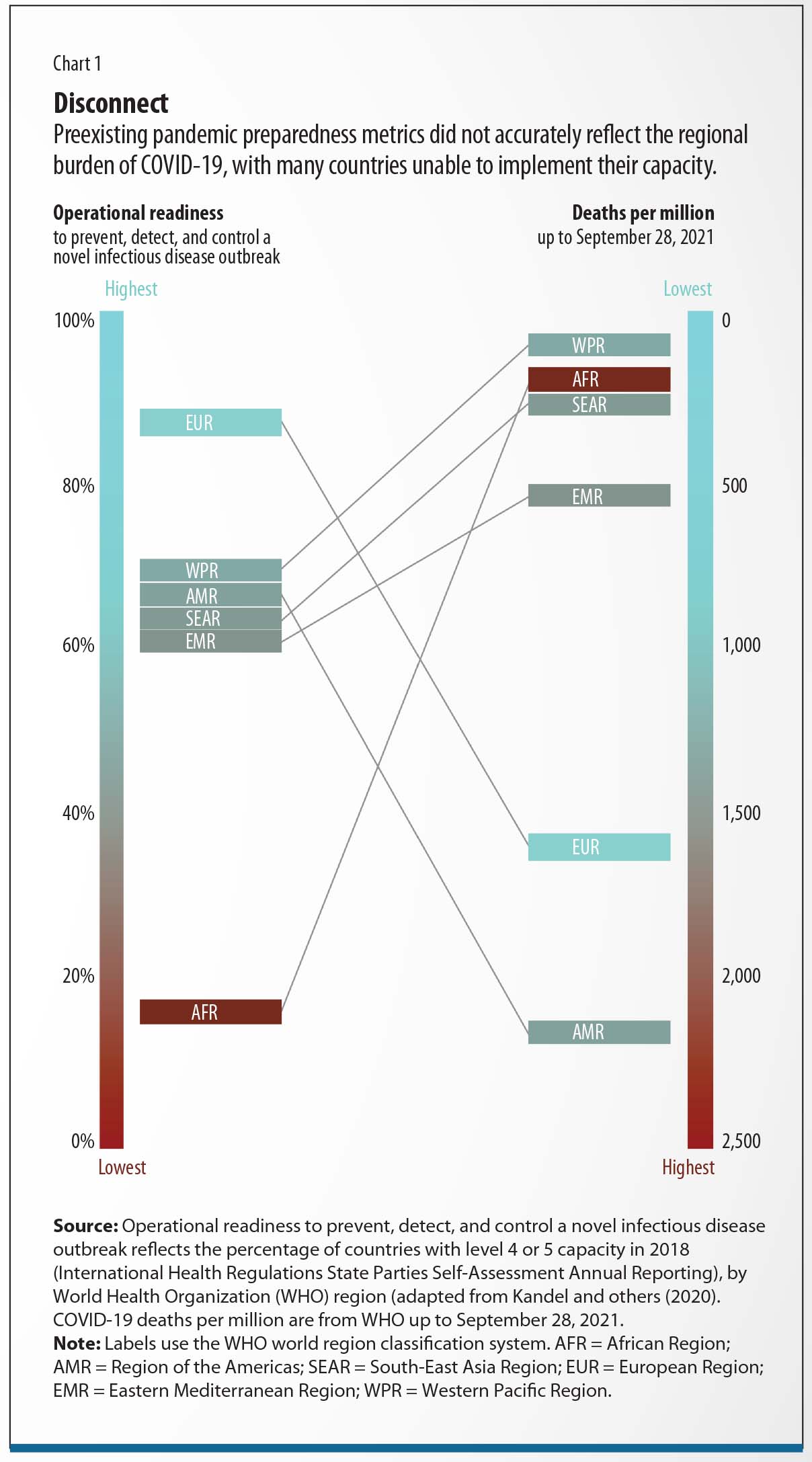Reinforcing Epidemic Preparedness: Robust Plans for Readiness
Epidemics are unpredictable, emphasizing the need for comprehensive and adaptable preparedness plans. This article explores the critical importance of strengthening epidemic preparedness plans and the key elements that contribute to building resilience in the face of health challenges.
1. The Imperative of Robust Preparedness Plans
Epidemic preparedness plans serve as a blueprint for effective response when facing unforeseen health threats. Robust plans are essential to ensure that healthcare systems, communities, and governments are well-equipped to handle the complexities of an epidemic.
2. Comprehensive Risk Assessment and Analysis
The foundation of any effective preparedness plan lies in a comprehensive risk assessment. Identifying potential threats, analyzing their potential impact, and understanding the vulnerabilities of the community are crucial steps in building resilience. This analysis forms the basis for tailored and targeted preparedness strategies.
3. Multi-Stakeholder Collaboration for Holistic Approach
Epidemic preparedness is not a solo endeavor. Collaborative efforts involving healthcare professionals, government agencies, community organizations, and international partners are essential. A multi-stakeholder approach ensures a holistic and well-coordinated response to epidemics.
4. Robust Surveillance Systems for Early Detection
Early detection is paramount in controlling the spread of epidemics. Strengthening surveillance systems enables the timely identification of potential outbreaks, allowing for swift and targeted responses. Continuous monitoring and analysis of data contribute to a proactive preparedness stance.
5. Adequate Stockpiling of Medical Supplies
Preparedness plans must address the critical need for adequate stockpiling of medical supplies. Having a strategic reserve of essential resources such as personal protective equipment, medications, and vaccines ensures that healthcare systems are well-prepared to handle a surge in demand during an epidemic.
6. Training and Capacity Building for Healthcare Professionals
The effectiveness of any preparedness plan hinges on the skills and preparedness of the healthcare workforce. Training and capacity-building programs ensure that healthcare professionals are equipped with the knowledge and skills necessary to respond effectively to the unique challenges posed by epidemics.
7. Public Awareness Campaigns for Community Readiness
Empowering communities through awareness campaigns is a pivotal aspect of epidemic preparedness. Educating the public about preventive measures, early symptoms, and the importance of seeking timely medical attention enhances community readiness and cooperation during an outbreak.
8. Flexible Response Strategies for Dynamic Situations
Preparedness plans should be adaptable to evolving situations. Flexibility in response strategies allows for quick adjustments based on the characteristics of a specific epidemic. This adaptability ensures that the response remains effective in dynamic and unpredictable scenarios.
9. International Cooperation and Information Sharing
Epidemics often transcend borders, highlighting the importance of international cooperation. Sharing information, best practices, and resources on a global scale enhances the collective capacity to respond effectively. Collaboration fosters a united front against the challenges posed by epidemics.
10. Continuous Evaluation and Improvement
A preparedness plan is a living document that requires continuous evaluation and improvement. Regular assessments of response efforts, identification of areas for enhancement, and incorporating lessons learned contribute to the ongoing evolution of preparedness plans, ensuring they remain effective and resilient over time.
For the latest insights on Strengthening Epidemic Preparedness Plans, visit healthcares.my.id and stay informed about the strategies shaping resilient healthcare systems and communities in the face of epidemics. As the landscape of health challenges evolves, robust preparedness plans stand as a cornerstone for a proactive and effective response.














